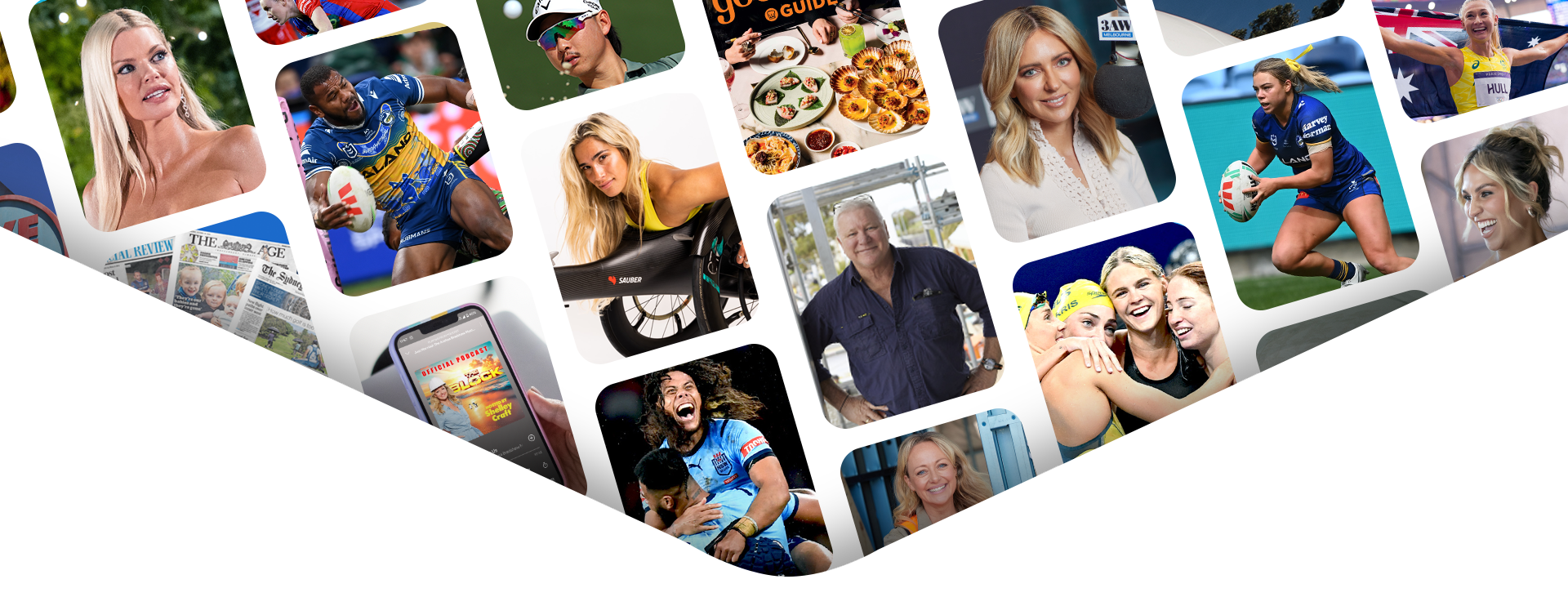
EPISODE SEVEN
Pushing Aside Creative Glory To Do Good
In this episode, Liana Dubois, Nine’s Chief Marketing Officer, is joined by Julian Schreiber, Chief Creative Officer and Partner at Special Group Australia, to unpack the value of big ideas in the context of integration and transmedia storytelling, and how these concepts are shaping the future of brand communication in an increasingly fragmented media landscape.
GUEST SPEAKER

A life of their own
Ideas, when properly formed, take on a life of their own.
Julian Schreiber, Partner & Chief Creative Officer at Special Australia, was interviewed on Talking Creativity, a special edition of Nine's podcast series, exploring creative minds at the Advertising Council Australia's This Way Up Festival.
Problem solver
Dubois: Can you talk to us a little bit about how you approach, kind of the development of big ideas, and how, how you get those big ideas to work across the spans and layers of all
Schreiber said he and partner in crime Tom Martin, fellow CCO at Special, gravitated to the idea that “we just wanted to be useful” as a basic principle.
“The way that we approached everything that was put in front of us was, what is this problem? How do we solve this problem?" he said.
“And by having a mindset of solving a problem then what happens is you come up with the solution in what we call the idea.”
Then take that idea and make it happen.
“The most powerful version of itself starts deciding what you need it to be and what channels it has to live in, and what media it has to be in, and how it's going to actually engage with people," he said.
“The idea is actually making all the decisions for you, you're going along with it.”
'Stop the Horror' campagin
Liana Dubois asked Schreiber about Stop the Horror, created to influence the formation of assisted dying laws in Victoria.
“It’s a very important piece of work, and a work that had a huge impact on everyone who worked on that, including myself," he said.
“We had already attempted to do a piece of work on voluntary assisted dying to change a vote in Adelaide, and we actually didn’t succeed.
“A key reason why that did not succeed is because we had already in our heads before we even got to that idea, had made the decision that voluntary assisted dying was so controversial and so intense a topic that if we didn’t handle it correctly, people would hate us, and … hate the work.
“And then Andrew Denton, who was in charge of the Go Gentle Project, and and still is, took us out to lunch afterwards.
“We didn’t know he was going to do this but he actually said, ‘I’d like you to go again. Would you? Would you mind having another crack at it’?”
“This time after we realised that there certainly wasn’t any creative glory in it, because it was too controversial a topic for even creatives to love.
“This time, we said ‘let’s be as brutal’, incredibly punch-in-the-face sort of style as we can about it, because we’re no longer interested in being considered interesting or proud of our idea.
“It was incredibly challenging to do and because we had to stick to the absolute honesty and to the letter of of the truth of that story
“I wouldn’t say it changed the law but it certainly contributed, which was incredible.
“At the same time as that, weirdly, it started getting creative accolades as well which is very confusing,
“It was a reminder that you should absolutely just do what you think is the most powerful and most interesting and most personally empowering thing to do.”
Have a question or comment about this episode? We'd love to hear from you. Please fill in the form.



